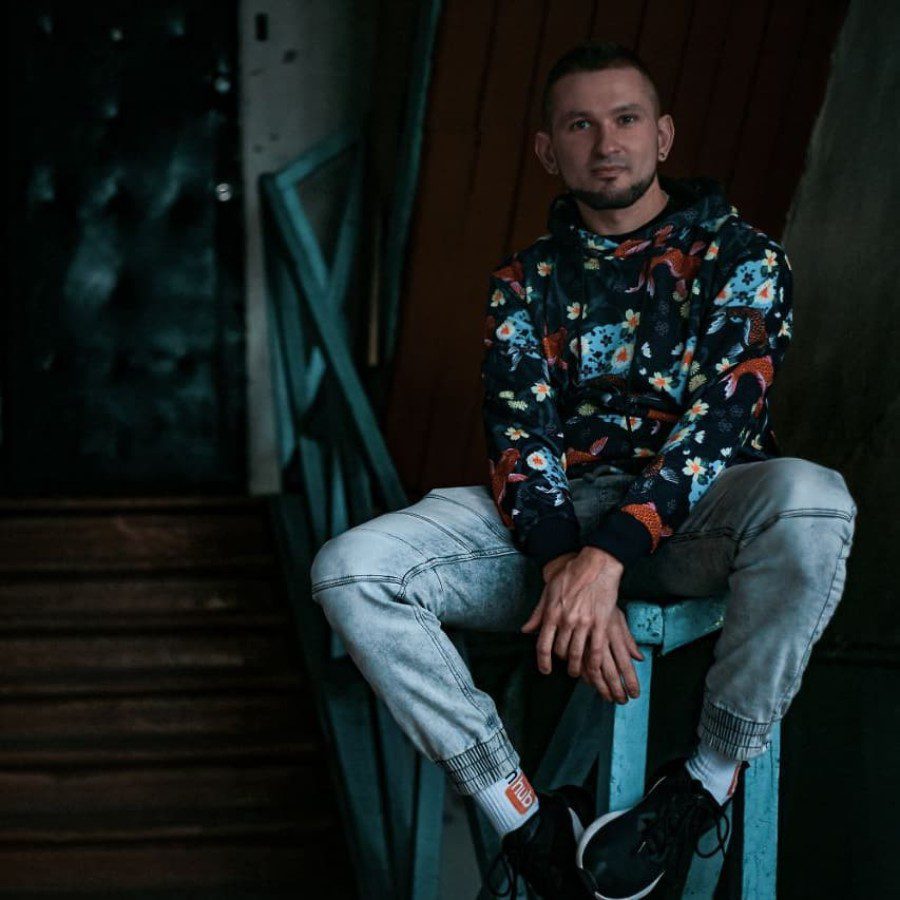In September 2020, soldiers from the Freikor volunteer unit received certificates of combatant status. Freikor isn’t just a volunteer battalion — it’s also a “military-patriotic organization”, best known for its attacks on gay people, feminists and political opponents. The Ukrainian Ministry of Justice has tried to ban the organization through the courts, but to no avail. Zaborona reports how ultra-conservative organizations like Freikor use their veteran status to create a more socially acceptable political image.
In May of last year, the annual gay community event KharkivPride was being held in Kharkiv when people from the local ultra-conservative organization Freikor suddenly burst into the hotel where the closed meeting was taking place. The attackers demanded the meeting be ended and accused the organizers of “corrupting minors” and promoting “rotten” Western values. The meeting didn’t resume until late in the evening, when the Freikor members left the hotel.

Another event in support of the KharkivPride Equality March took place on September 12, 2019, at the Kharkiv Literary Museum. This time, ex-deputy of the Verkhovna Rada and journalist Oles Doniy gave a lecture titled “Tolerance as one of the components of the modern Ukrainian national idea.” Freikor activists tried to rip his notes from his hands and even doused the lecturer with green paint. Doniy’s eye was injured, but he refused to be hospitalized and, in order to continue the lecture, decided not to write a statement to the police.
The equality march itself took place on September 15, 2019. There were almost two thousand participants. Representatives of nationalist and far right organizations, including “Freikor”, held simultaneous protests in support of “family values.” Their supporters threw eggs at KharkivPride participants and shouted insults.
No Appearance in Criminal Proceedings
After the events at KharkivPride, the Ukrainian office of Freedom House went to court in an attempt to require the police to open legal proceedings in the case. According to human rights activists, the Freikorites’ actions violated the right to peaceful assembly. But the police still haven’t brought them to justice; a disorderly conduct case was opened, but closed soon after. In December 2019, the territorial department of the Ministry of Justice in the Kharkiv region appealed to the Kharkiv Regional Administrative Court with a request to liquidate the Freikor organization and ban its activities.
There, the plaintiff provided printouts of news articles about Freikor’s wrongdoings during the march and its preparations. However, the court decided that these publications could not serve as evidence. A month later, on April 22, the Kharkiv Justice Department sent an appeal to the court — and lost again. Freikor provided the court with a police report stating that the organization was not involved in criminal proceedings. With respect to evidence, the plaintiff had only news reports and video recordings of people who looked like members of Freikor.
Since 2018, Freikor has disrupted lectures dozens of times, attacked and beat people from the gay community, and arranged so-called “safaris” both independently and together with other right-wing organizations, including Tradition and Order, Right Sector, and others. According to Freikor members, these attacks are “ideological”. It’s the attackers’ way of “defending family values”.

“A truly right-wing organization”
Freikor is an entire radical, right-wing brand that unites the volunteer battalion of the same name and the Kharkiv “military-patriotic organization.” The name refers to the paramilitary volunteer formations that existed in Germany and Austria in the 18th through 20th centuries.
The public organization Freikor was founded in March 2018 by two veterans who served in the Donbass, Georgiy Tarasenko and Bohdan Voitsekhovsky, as well as Volodymyr Sakharchuk, a lawyer with the law firm “SMN Group.” Tarasenko himself confirmed that Freikor is a “right-wing” organization, but of an “orderly type:” it includes less than 20 people, all of whom have passed “physical, intellectual and moral tests, fulfilled certain tasks,” and received a black chevron аs a result. In an interview with the right-wing radical magazine Konservator, Tarasenko said that Freikor also has political ambitions: “in the future, [we intend] to create a kind of conservative platform for pursuing political goals.”
Freikor is well-represented in Kharkiv and Ivano-Frankivsk. There, according to Tarasenko, the organization is engaged in “patriotic youth education, military training, and participation in the political and public life of these cities.” Indeed, Freikor members regularly conduct military activities with schoolchildren – so-called “lessons in courage,” which include real weapons and ammunition. On June 10, 2020, the leader of Freikor, Georgiy Tarasenko, even became a member of the Coordination Council for National and Patriotic Education under the Kharkiv Regional State Administration. But Freikor doesn’t love all children: the organization considers residents of the temporarily occupied territories to be separatists, and considers the minors there “children of collaborators.”
In addition, Freikor members have conducted “explanatory conversations” with cosmetics stores that allegedly sell contraband Russian-made gel nail polishes, as well as organizing protests in support of C14 coordinator Sergei Mazur, who was put on trial for attacking a Roma camp.
Status is not for everyone
In September 2020, the Freikor unit fighters received certificates of combatant status from the Ministry of Veterans. Among the benefits provided by veteran status are free medicine and travel in all types of urban passenger transport, discounts on utilities, and social stipends for children. Veteran status can be obtained either by presenting a certificate confirming that a person truly fought, which can be provided by the Ministry of Defense or the Anti-Terrorism Center; or by collecting three testimonies from other participants. This method is used primarily by soldiers from volunteer battalions.
In response to a request from Zaborona, a spokesperson from the Ministry of Veterans said that veteran status assignment depends solely on these documents. “In other words, the status simply states that a person fought — it does not depend on the person’s behavior in peaceful territories, or even on his compliance with the law,” explains Vyacheslav Likhachov, who researches radical right-wing movements.
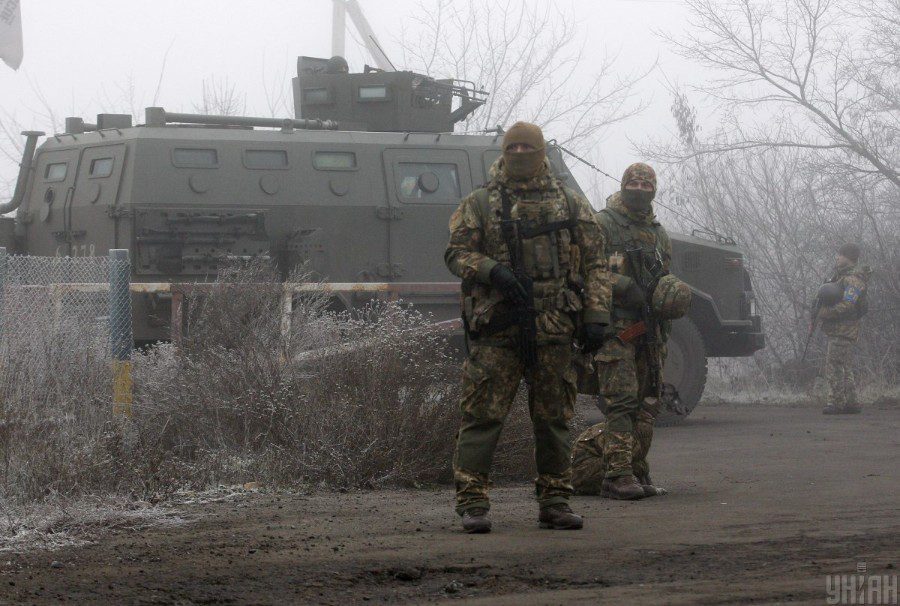
In practice, however, this system fails to recognize veterans reliably. For example, former volunteer Stanislav Krasnov never received veteran status, although he fought from 2014 to 2015 as part of the OUN volunteer battalion. Krasnov says that at first he was denied the status because of a crime he allegedly committed; he is suspected of planning a terrorist act on the administrative border with Crimea. The trials are still ongoing, so Krasnov has no criminal record, but even if he did, according to the logic of the Ministry of Veterans, a criminal record should not affect veteran status at all.
Now, says Krasnov, the department claims to have found witnesses who refute his participation in the war. “At the same time, 10 people from our battalion have applied for veteran status, and three have already received it. Although we maintain that they are scammers,” Krasnov told Zaborona. The OUN claims that the three who were granted veteran status by the Ministry of Veterans were expelled from the battalion for desertion and theft. According to the battalion, one person only stayed for a day in the OUN, then stole a battalion car and disappeared.
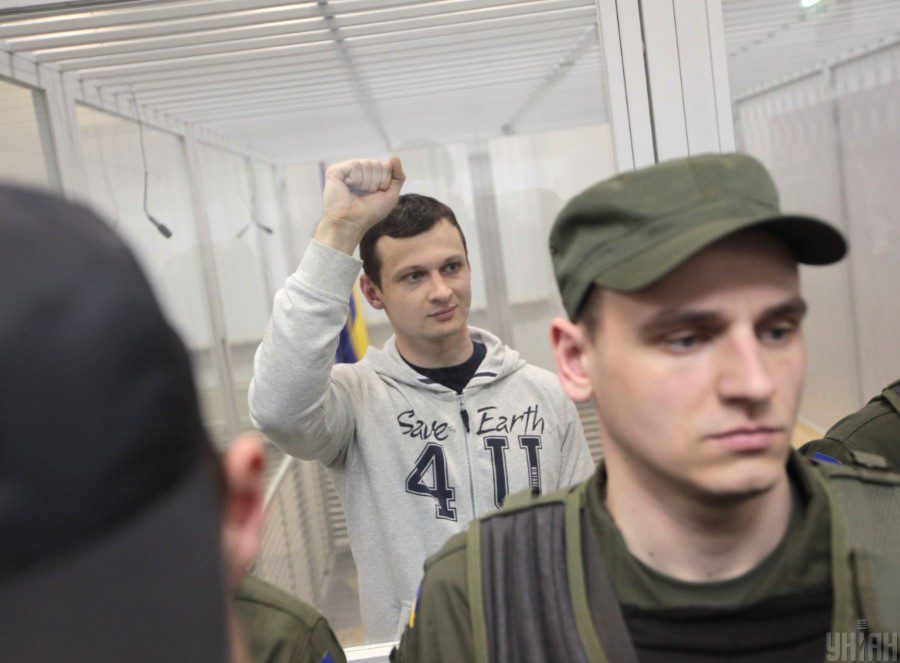
Symbolic Capital
Almost all ideological organizations whose members served in the army exploit, to one degree or another, their veteran status — from the Right Sector to the Carpathian Sich. Vyacheslav Likhachov explains that it was participation in the war that legitimized far right political projects in the eyes of the public.
The National Corps party, which was created in the fall of 2016, is a political superstructure of the so- called Azov Movement – an extensive network of public organizations and structures associated with the volunteer unit and regiment of the same name, Azov. Before the war with Russia, the founder and ex- commander of Azov, Andrei Biletsky, was known as the leader of a small, aggressive street group in Kharkov. But participation in the hostilities and the regiment’s heroic and patriotic background helped Biletsky launch his political career.
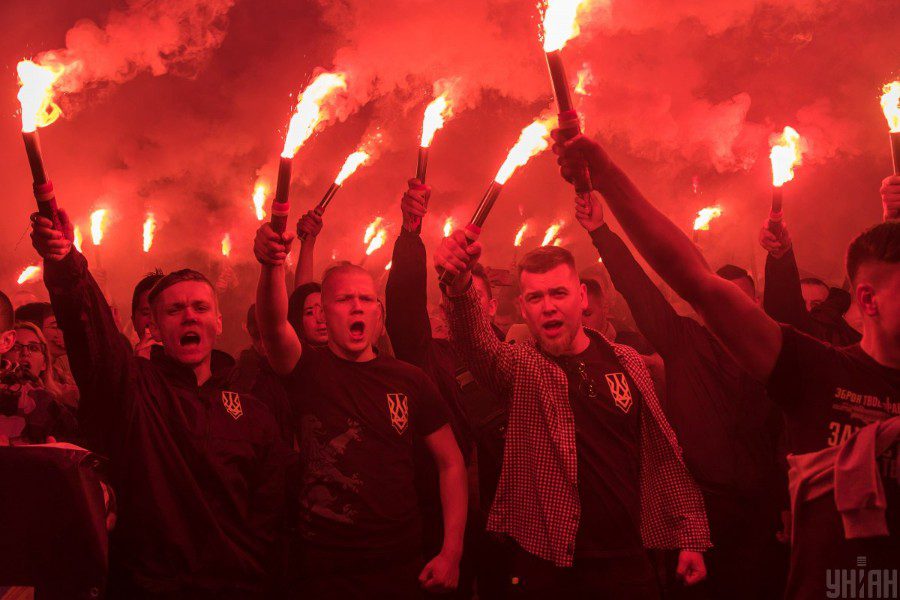
The National Corps is the parent structure of the National Militia paramilitary movement. It’s best known for following Petro Poroshenko during his 2019 election tour in Zhytomyr, Poltava, Vinnytsia and Cherkassy. Back then, protesters from the movement provoked the president’s supporters, shouted insults and even fought with the police.
Exploiting the veteran image is paying off. Projects overseen by representatives of aggressive far right groups receive hundreds of thousands of Hryvnias from the state. In 2020, various satellite groups of the aggressive right-wing radical organization C14, including the Union of Veterans of the War with Russia, received 1,310,000 Hryvnia from the Ministry of Veterans alone for veteran rehabilitation projects. The Kyiv City State Administration also supports the Veteran’s Health project, which is being undertaken by a public organization associated with C14; 182,610 Hryvnia were allocated to the Kyiv Union of Veterans of the War with Russia for kayaking and paddle boarding activities.
“Former Prime Minister Oleksiy Honcharuk would hardly have come to a C14 meeting or just to a Sokyra Perun (eds: a Ukrainian metal band) concert. But for a veteran event — he comes as if God himself ordered it. [The leader of the far-right National Corps party] Andriy Biletsky prefers to introduce himself as the founder of the Azov regiment; this is his main social position. And the ‘National Corps’ representatives constantly speak on behalf of the veterans,” Likhachov said.
Legal Impotence
According to Viktor Pylypenko, leader of the LGBT military association, members of radical right-wing movements often exaggerate their experience in the war.
“People can buy medals, or cling to anniversary ones. They invent stories about staying in the Anti- Terrorist Operation Zone, or sometimes a person actually just came [to the Donbass] to settle down,” he says.
Pylypenko claims that at some point, fighters from the Donbass Battalion, in which he fought, stopped using on their heroic image for political purposes: “Although the politicians from our unit managed to create a so-called ‘Inner Corps,’ it didn’t last long, and it didn’t have a reputation among the population or among the battalion’s fighters, because the veteran volunteers of the battalion itself were never silent about the essence and goals [of the ‘Inner Corps’]. The same can’t be said about ‘Azov,’ for example, where volunteers, in my opinion, were afraid to say anything against the dubious projects ‘National Corps’ and ‘National Militias.’”
“Members of various militia groups hide behind their veteran status as a right to attack,” said Anna Hrytsenko, who studies far right movements. “At the same time, there’s no mechanism for solving this problem: the police pursue attacks, and no one cares about the Ministry of Justice’s opinion. The victims cannot count on protection from the state, because the state policy to counter right-wing extremism is virtually absent.”
According to some veterans, the way out of the situation could be a kind of “code of ethics” for fighters.
“Veteran status does not actually give someone any right to humiliate other fellow citizens, to rise above someone, or to dictate any anti-constitutional norms to society,” says Maria Berlinska. In Berlinska’s opinion, over time, the veteran community will create a code of ethics on its own. The discussion and its development can be initiated not only by reputable veteran organizations, but also by volunteers.
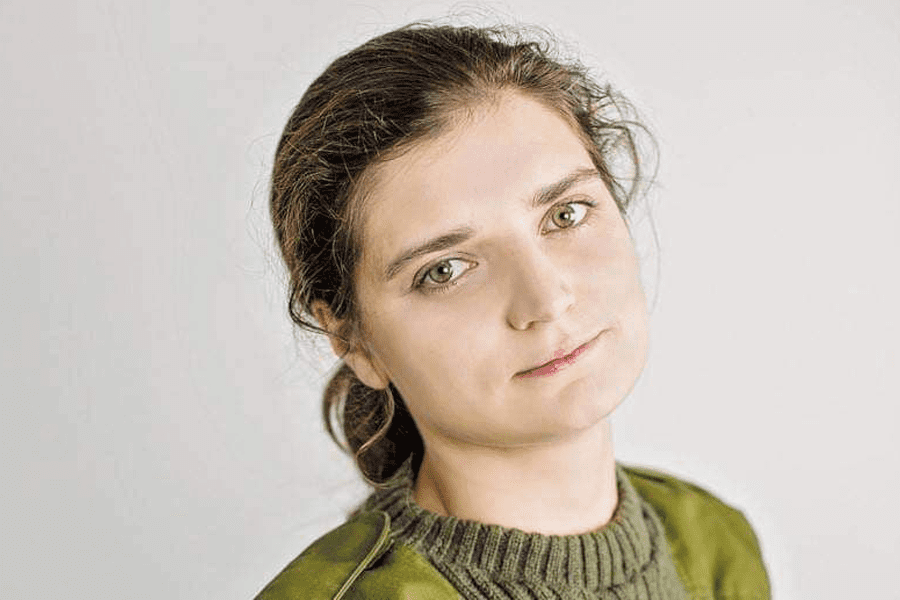
However, even if such a code is created, it will not be regulated by the law. “People who use veteran status to hurt others are not always veterans, just as veterans who are prosecuted have not always actually committed a crime. And we can’t control these kinds of things. There is no single resource for veterans to report that an impostor has discredited them. And we don’t have a common understanding in society that violence in support of an idea is irrelevant and destructive,” said Kateryna Pryimak, a paramedic from the Hospitallers voluntary medical battalion.
Translated by Evan Harary from Respond Crisis Translation





